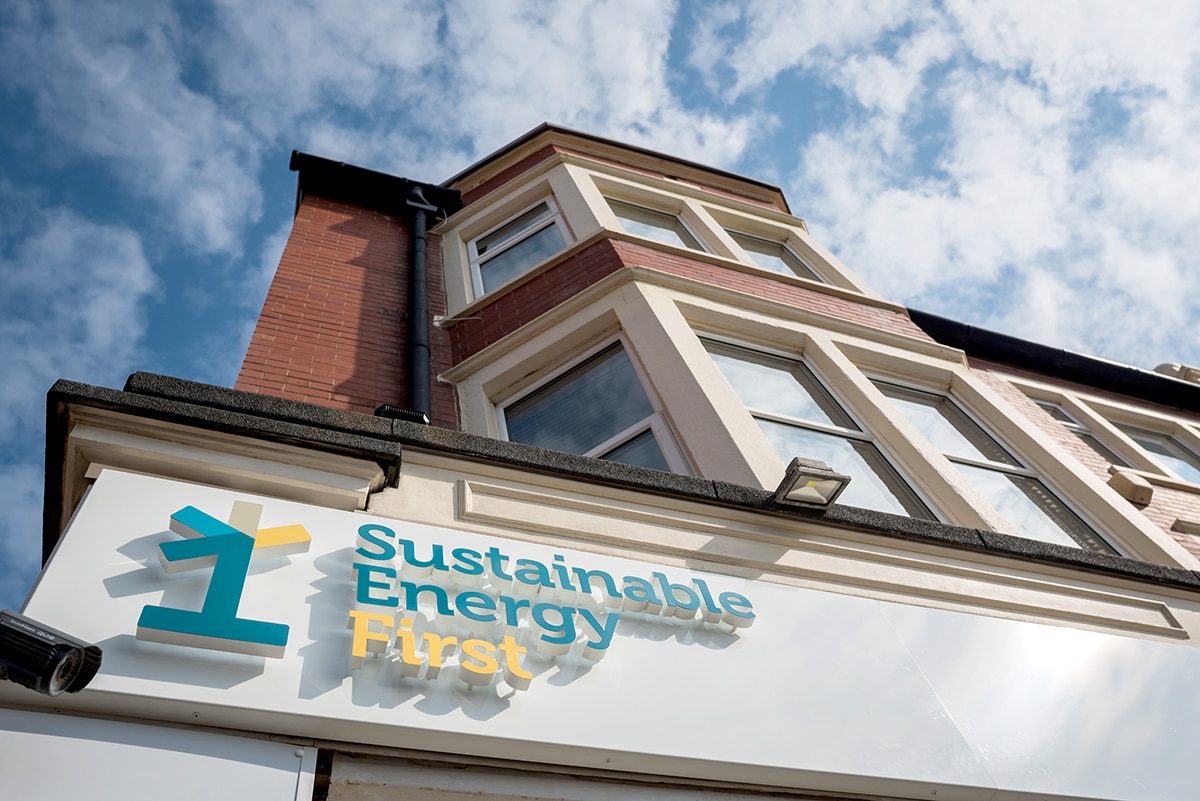20th January 2022
Reporting on carbon emissions and sustainability for large businesses has become a matter of public record in the same way that financial reporting is.
Current legislation, including the Energy Savings Opportunity Scheme (ESOS) and Streamlined Energy and Carbon Reporting (SECR), requires organisations only to report on sustainability actions, rather than needing to show demonstrable progress.
However, the visibility of a businesses’ green credentials is becoming increasingly important with key audiences, including both consumers and investors. Sustainable investing is considered the new normal in the global marketplace.
The importance of ESG reporting
More than one-quarter of the total assets under management globally are selected according to the premise that environmental, social and governance (ESG) factors impact a company’s performance and market value.
For any business looking to engage with shareholders and increase their appeal for outside investment, a proper sustainability strategy and a clear pathway to achieving net zero is now non-negotiable.
The Net Zero Asset Managers Initiative, comprising over $57 trillion in assets under management and members, such as Aviva, BNP Paribas and BlackRock, have already made it clear that their members expect concrete action from organisations seeking investment during 2022. Describing 2021 as the year of the net zero commitment, they have stated that they expect 2022 to be the year of demonstrable progress and implementation.
More broadly, the importance of ESG data in securing new investment has seen a major upturn in the amount of media coverage generated by company sustainability drives. During 2020, media mentions of ESG data, ratings or scores grew 303% on the previous year. 91% of banks monitor ESG data, as do 71% of investors and 90% of insurers.
Consumers have an increased interest in sustainability
Sustainability reporting is no longer just a box-ticking exercise, but a critical channel for engagement with key audiences and stakeholders. It isn’t just investors and finance houses that will drill down into your sustainability figures. Consumers are increasingly aware of the need for companies to lay out robust net zero plans.
This is resulting in increasing momentum in many consumer-focused sectors and supply chains, most notably grocery retailers, to demonstrate the most comprehensive green credentials.
A Deloitte survey in 2020 found that, following publicity on the impact of single-use plastics, 43% of consumers indicated that they factored it into buying decisions.
The importance of defining your sustainability strategy
Sustainability reporting is an increasingly vital aspect of your brand perception across multiple key audiences, including investors, consumers, supply-chain partners and board members.
Additionally, investors are now looking at whether your business has properly assessed the impacts of climate change on both the assets and markets where that brand operates and more stringent sustainability requirements such as TCFD reporting are already being implemented by the government to help the UK meet its net zero ambitions.
Achieving net zero and having a clear understanding of the journey you need to take to get there is no longer an optional extra for organisations but is increasingly key to long-term success and resilience. For more information, contact us on 08451 46 36 26.





